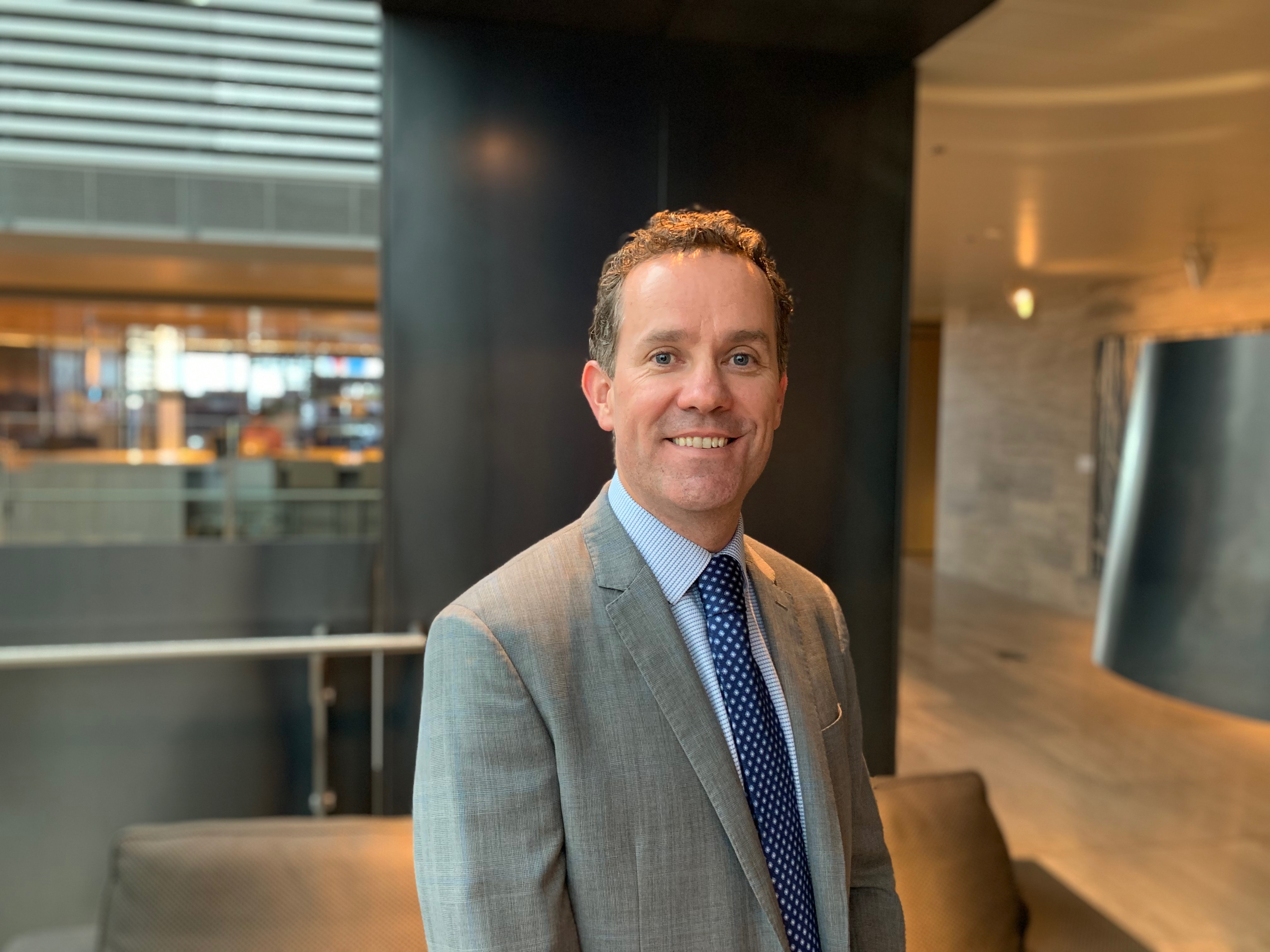05 Jul 2023
Fostering an inclusive culture
When Elisa Clements joined Toyota, she knew she would be dealing with workers managing some of the most cutting-edge manufacturing technology in the world.
But what Clements had not considered was how to help implement the biggest ever cultural change across the automotive giant’s workforce of 300,000 people.
"I'm a supporter of women, but I think more broadly I'm very passionate about equality, diversity and ensuring everyone has a voice.” – Elisa Clements
As she quickly learned from her colleagues, the secret was to listen.
It was one particular Japanese process of Nemawashi that taught her valuable lessons about managing cultural change within a corporation.
“It is about consulting and listening,” Clements told bluenotes in an interview after she was appointed last month as ANZ’s Group Executive for Talent and Culture. "There were a number of lessons I learned at Toyota, which are quite foundational that I will take into this role.”
Clements has been at ANZ since 2007 after working in a variety of industries including automotive, pharmaceutical and consumer goods. Most recently she was General Manager Talent and Culture for ANZ Institutional and has also held senior roles across Corporate & Commercial Banking and Group Technology and Operations.
One of the things Clements thinks about “a lot” is the impact of rapid technological change and how developments like artificial intelligence and machine learning will continue to change the modern workplace.
She points to London Business School figures indicating that in 60 per cent of roles, one third of the tasks in those roles could be replaced through automation and machine learning.
Clements sees this as an opportunity and believes big companies must look ahead and decide how to train their workforces to focus on the skills that machines can’t replicate.
“What can humans do that machines cannot do? Most likely machines will never be able to do a couple of things,” Clements said.
Strengthening the muscle
One is demonstrate empathy. Two is creativity. And the third element is decision making in complex environments, she said. “There’s also an opportunity for us to think about strengthening the muscle of those skills that machines cannot do in the future.”
The modern workforce has also changed significantly in the last five years due to the COVID-19 pandemic. Despite the working lives of workers being turned upside down during this period, Clements believes it has also delieverd some positives.
“The pandemic has obviously created a huge transformation. Essentially across the globe, it created millions of experiences of how we can work,” Clements said. “But it has really challenged our thinking in terms of what do I want to do for work? Where do I want to work? How do I want to work?”
Clements said while expectations have shifted since the pandemic, lessons have also been learned on how to structure the workplace more effectively to encourage greater inclusion and workforce participation.
"Something else which is generational is the role of women at work and how that has transformed the way we live and how we are at home,” Clements said. “We’ve looked at what will attract and retain the best talent. Some of the things we have learned is wellbeing and flexibility are very high on the list of why people want to join ANZ and why they stay.”
Clements believes when organizations listen properly it helps to create a more diverse workforce as all people flourish.
“I'm a supporter of women, but I think more broadly I'm very passionate about equality, diversity and ensuring everyone has a voice,” Clements said.
For her inspiration on how a modern career can be structured, Clements looked no further than her own experience. Both she and her husband maintained their careers while raising their two adult children.
“We have dual careers and one of the things perhaps that people don't know about me is that during my career at ANZ, I worked part time. Also for some of that time I worked in a job share arrangement,” Clements said. “I had a situation at one point when I worked part time, when my mother in law had a stroke and I made the decision to reduce my hours and help look after her.”
“So it's not only with children, but at different points of our in our life we make decisions of when to accelerate with work and when we need that balance at home.”
Workplaces which embrace the whole human life experience will get the best from their workers.
"If you work part time or job share at a point in your life, in your career, then it doesn't restrict you and is not a barrier to achieving your goals in the future.”
Brett Foley is Managing Editor of bluenotes.
The views and opinions expressed in this communication are those of the author and may not necessarily state or reflect those of ANZ.
editor's picks
17 May 2023
